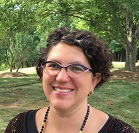SEA’s mission is to help ‘Behaviour Changers’ better change behaviour
SEA is a behaviour change research consultancy located in Pūponga, Aotearoa New Zealand.
Dr Sea Rotmann, the CEO of SEA, has been working tirelessly for over two decades to get behaviour change research on the global map. She studied for ten years to be a coral reef ecologist but quickly realised that her favourite thing on earth – nature in all its glory, but particularly the abundance and biodiversity of a well-functioning reef system – was under threat. From us. Humans, and our wasteful behaviours leading to devastating impacts on our ecosystem that few, if any of us can truly comprehend. This is when she realised that the biggest conundrum was how to change human and corporate behaviour, so that we, our children and grandchildren and all the other species co-inhabiting this planet with us can survive and thrive. A vision for the future that is becoming more and more threatened. This is why research into, and understanding of, human and corporate behaviour should be at the forefront of corporate and governmental responsibility.
However, as she kept successfully changing behaviours, including by collaborating with Behaviour Changers in government, industry and research sectors, she realised that the majority of the world’s energy users were ‘underserved’ by the well-meaning but insufficient programmes, policies and projects these Behaviour Changers designed. These energy users were often called ‘hard-to-reach’, even though it is us who aren’t trying hard enough to reach them. Thus, in the last 5+ years, Dr Sea’s research focus has pivoted to work with frontline and community navigators to help the most marginalised, stigmatised and ‘hidden’ energy users get the support they deserve, and address the systemic and structural issue of energy injustice. If we cannot provide clean, affordable energy as a basic public good to all humans, we have failed our lofty goal to achieve a ‘just energy transition’ that gets us to zero carbon by 2050.
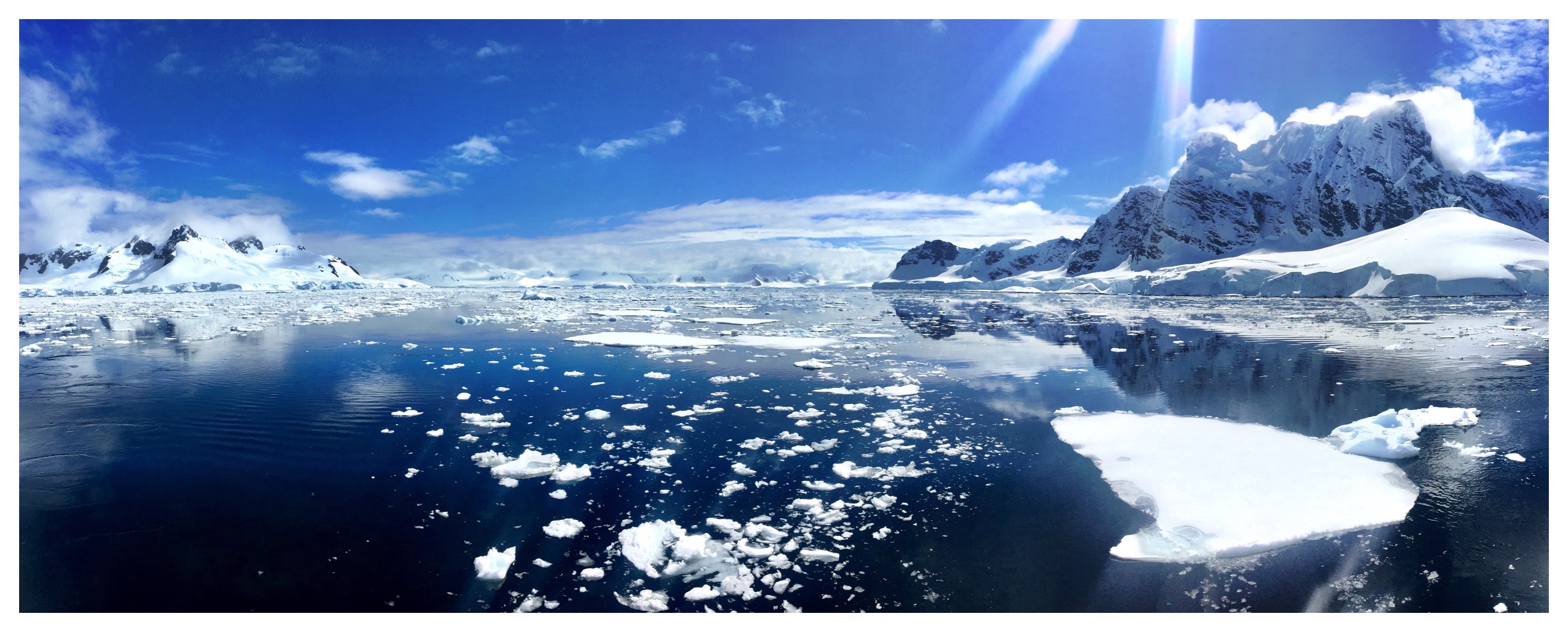
“My whole study and career has been focused on how to help people engage more sustainably with our environment. I am a coral reef ecologist by training. The mass extinction of coral reefs – in my lifetime! – is what drives me to try my best to help change behaviours before it is too late. But I know we need to bring everyone along, which is why there can’t be environmental justice without social justice.“
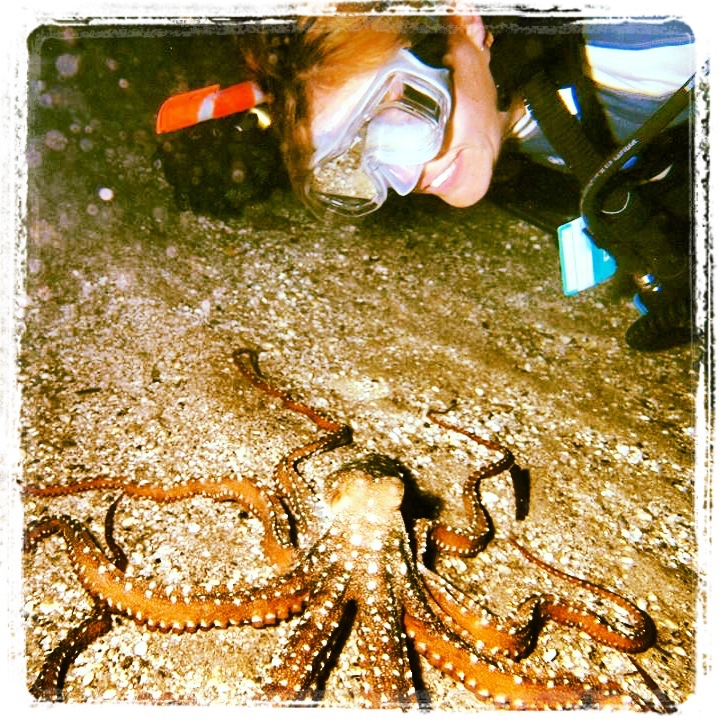


How do you help Behaviour Changers better change behaviour?
Since its inception in 2011, SEA has worked with the User-Centred Energy Systems or ‘Users TCP‘ by the International Energy Agency (IEA) to lead the first global behaviour change research collaboration, called ‘Task 24 – Behaviour Change in DSM‘. For this research, SEA collaborated with hundreds of behaviour change experts around the world to figure out how to best tackle such a complex and messy problem. Like there is no silver bullet technology that can simply wipe away all our impacts on the earth, ocean and climate, there is also no such silver bullet to ‘fix’ human behaviour. The best way to design, implement, evaluate and communicate behaviour change interventions that truly work, is to get the different ‘Behaviour Changers‘ who are trying to change user behaviours together, to collaborate towards a shared, common goal. We have co-developed with our Californian partners, See Change Institute, the ‘Building Blocks for Behaviour Change’, which we have successfully tested in field research pilots in the U.S., Canada and Aotearoa .
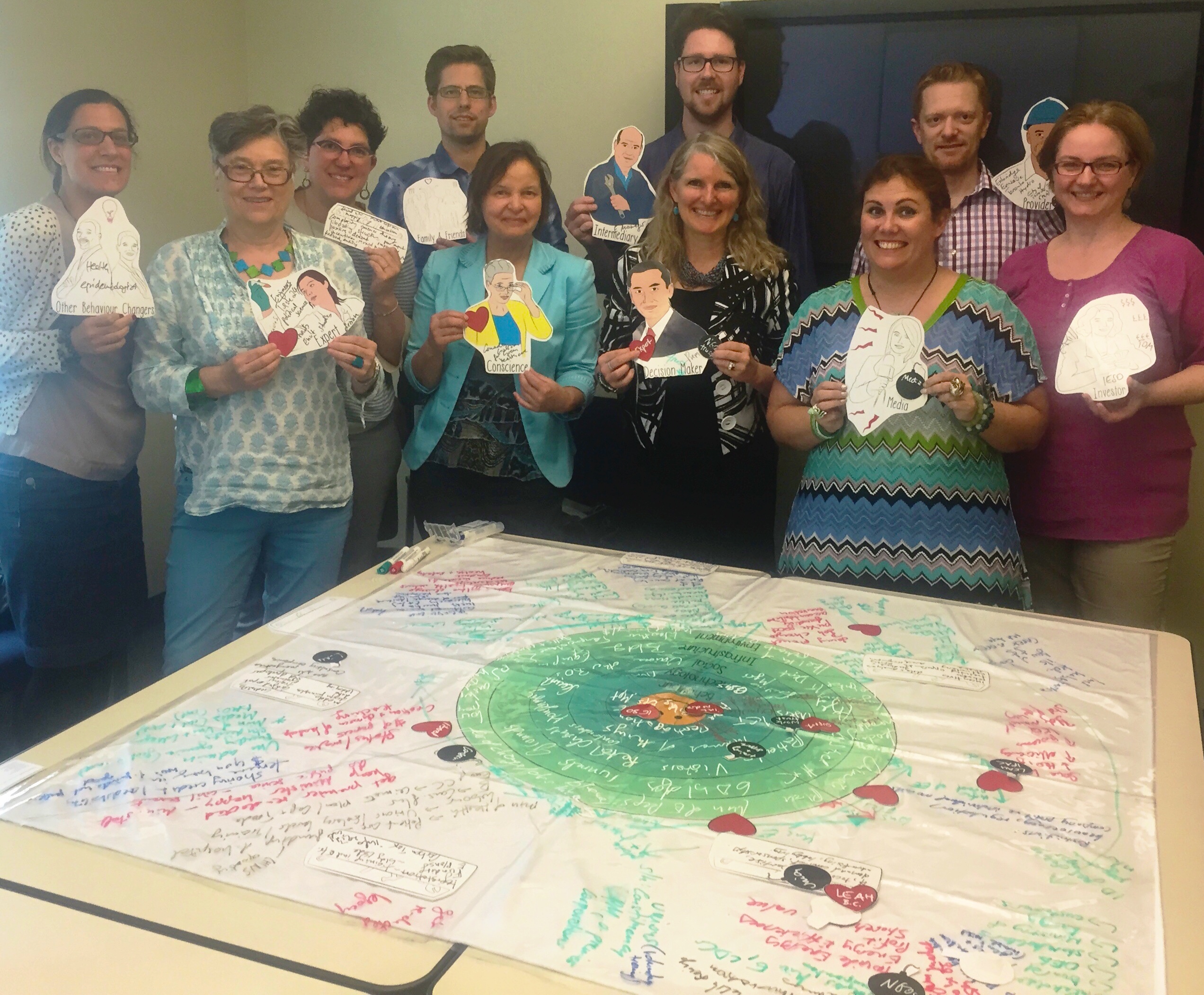
How successful is this approach?
We believe that we found a method, based on behavioural socio-ecology that truly helps facilitate multi-stakeholder collaboration to solve the messiest of problems and create real change, individually, collectively and societally. This includes creating culture change in commercial operations and SMEs. We call it the “Behaviour Changer Framework“, and it is highly adaptable for different needs, contexts, and stakeholders.
Behaviour change interventions co-designed using this framework led to verified energy and financial savings, measured improvements in staff capability, productivity and wellbeing, and an increase in energy literacy and energy-efficient behaviours in businesses and households. But we also need to provide support for energy users who are not easy-to-reach and engage, if we want to achieve a truly just energy transition. This includes commercial and residential renters and landlords, small and micro businesses, and vulnerable and marginalised communities who often live in energy hardship and suffer from stigma, distrust, and shame.
SEA has been working on a Users TCP by IEA research Task focusing on these hard-to-reach energy users in the commercial and residential sectors (HTR Task). This research found that a very large proportion (at least 2/3) of energy users are currently underserved by the energy efficiency and behaviour change policies and programmes Behaviour Changers have developed. It successfully used the See Change Building Blocks for Behaviour Change as the overarching research methodology to undertake an in-depth literature review, global case study analyses and cross-country case study comparisons, developed field research pilots based on this best practice approach.
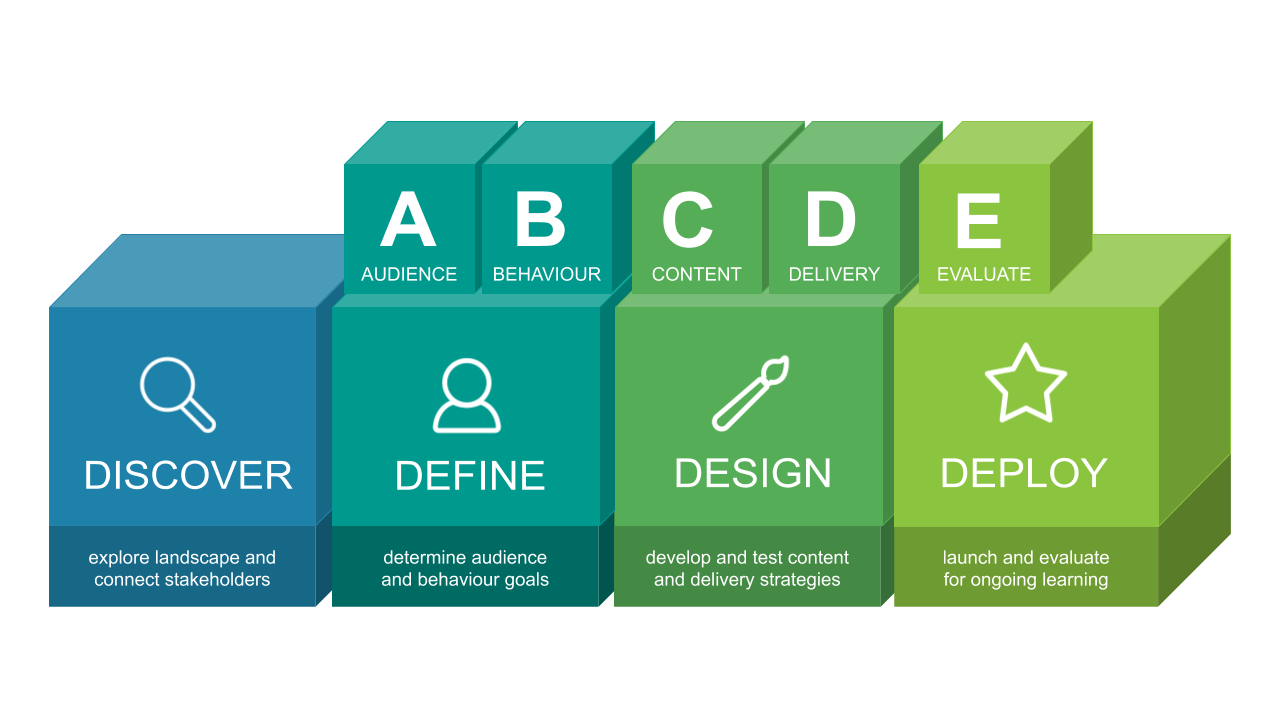
The first field research pilot based on this approach, developing a BEST (Behaviour, Energy & Sustainability Training) course for Energy Managers and Building Operators in Ontario’s commercial sector (for the Independent Electricity Systems Operator, IESO), was so successful that it was incorporated in ISO 50001 READY training for U.S. governmnent departments. Her work with the utility industry in the U.S. has led to changes in how industry engages with their customers, including by reaching out to underserved customers via community representatives.
More recent work with the Canadian Standards Association led to a report on “Energy Behaviour: Considerations for Standardization“, which is now being turned into actual energy behaviour programme standards for the U.S. and Canada. Dr Sea is on the technical steering group developing these standards.
In Aotearoa, her work with the two largest retailers, Mercury and Genesis Energy, was groundbreaking in that it focused on the most stigmatised, marginalised and illegalised ‘hidden’ energy users. She also improved Home Energy Assessment Toolkits (Whānau HEAT kits) which Councils around the world loan out in public libraries, to instead help educate those marginalised and hidden energy users and their communities. Her focus now is on addressing the underlying and systemic causes for widespread energy injustice, to mitigate the global energy crisis, and get us on a path towards a truely “just and sustainable energy transition” to zero carbon by 2050. That means facilitating multi-stakeholder collaborations between all sectors working on alleviating energy hardship, and especially breaking down silos and better supporting frontline and community navigators. Her latest research, funded by the Electricity Retailers Association NZ (ERANZ), has outlined what such a ‘Community Network Initiative‘ could like like in Aotearoa.
SEA’s approach to behaviour change has been regarded as “cutting-edge” by academics, industry leaders and policymakers around the globe. Please contact us if you want to learn more or join the second phase of our hard-to-reach research collaboration.
“SEA brings a wealth of knowledge and enthusiasm to the real world work of energy behaviour change. The Behaviour Changer Framework helps groups see the energy systems as a whole, focus on their challenges and build empathy for others in the system. Working with SEA was a valuable experience which helped condense the challenge and made finding solutions easier and faster.“
Kady Cowan – former Sustainability Director at Atrium Health, North Carolina
